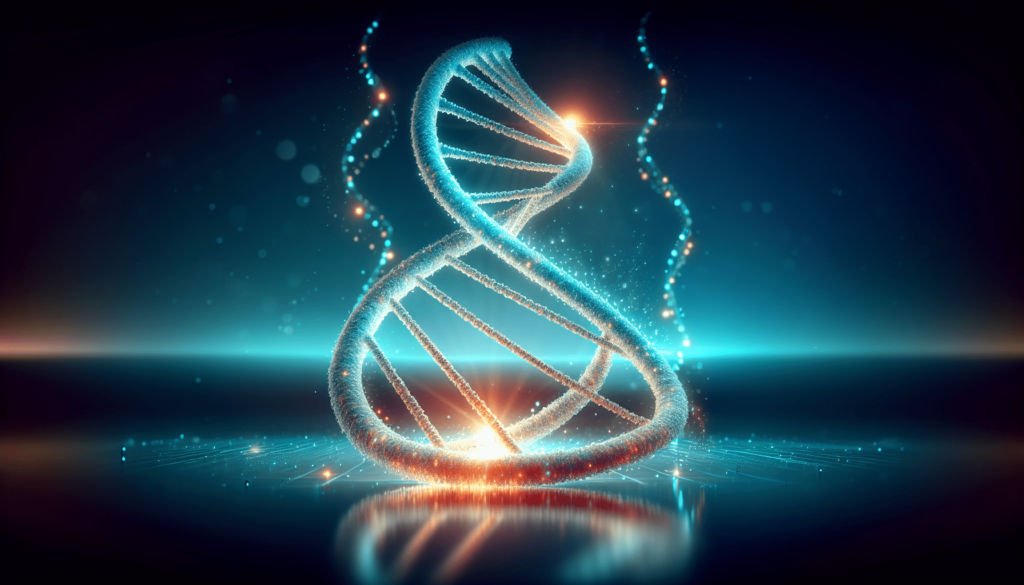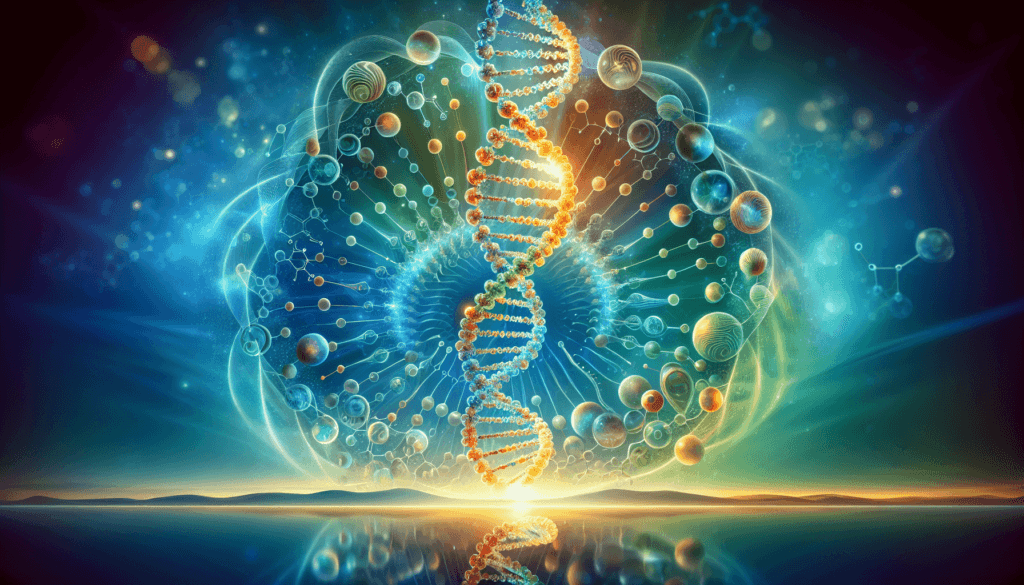Have you ever wondered about the invisible forces within your body that orchestrate everything from your mood to your metabolism? Hormones, often misunderstood and underestimated, play a significant role in your everyday life. Delving into their functions not only enhances your understanding of how your body works but also underscores their profound importance to your overall well-being.
Table of Contents
Understanding Hormones: The Body’s Chemical Messengers
Imagine a complex communications network within your body, where messages are relayed swiftly and efficiently to maintain order. This is essentially what hormones do — they are your body’s chemical messengers. Produced by various glands, they travel through your bloodstream, delivering instructions that regulate numerous physiological processes.
What Exactly Are Hormones?
Hormones are chemical substances that significantly influence bodily functions. They are secreted by glands in the endocrine system and instigate actions in different parts of the body. Though small in volume, their impact is substantial, guiding growth, metabolism, fertility, and even mood.
The Role of the Endocrine System
The endocrine system, a network of glands, is where hormone production, regulation, and distribution occur. Some of the key glands include the pituitary gland (the “master gland”), thyroid gland, adrenal glands, pancreas, and reproductive glands like the ovaries and testes.
The Seven Major Types of Hormones
The intricate web of communication facilitated by hormones is vast. It is intriguing to consider how only seven major types can orchestrate such a complex range of functions in your body.
1. Peptide Hormones
Peptide hormones consist of amino acids and fight to regulate many functions. Insulin is a principal peptide hormone that is crucial for managing your blood glucose levels, playing a critical role in metabolic functions.
2. Steroid Hormones
Derived from cholesterol, these hormones include testosterone and estrogen, responsible for sex characteristics and reproductive functions. Steroid hormones can penetrate cell membranes and bind with intracellular receptors to exert their influence.
3. Amine Hormones
Originating from amino acids, amine hormones like adrenaline and thyroxine are essential for responding to stress and keeping metabolic rates steady. They play a dynamic role by influencing heart rate and energy availability.
4. Glycoprotein Hormones
Glycoproteins are a combination of proteins and carbohydrates. These hormones, such as follicle-stimulating hormone (FSH) and luteinizing hormone (LH), are indispensable for regulating reproductive processes.
5. Eicosanoids
These hormones are made from fatty acids and have a short-lived, localized effect. They are essential for immune responses and inflammatory reactions, exemplified by prostaglandins which modulate inflammation and pain.
6. Growth Factors
Not strictly hormones but function as them, growth factors like epidermal growth factor (EGF) are crucial for cellular growth and wound healing by signaling pathways that prompt cell replication.
7. Neurotransmitters
Operating beyond traditional confines, neurotransmitters like dopamine can act as hormones, transferring signals between nerve cells and influencing mood, motivation, and reward.

The Role and Impact of Hormones in Your Life
From the moment you wake up, hormones are actively working to keep your body functions balanced. Understanding their benefits and importance can guide you toward a healthier lifestyle.
Regulating Metabolism and Energy Levels
Thyroid hormones are pivotal in metabolic regulation, controlling how fast or slow your body converts food into energy. An imbalance can lead to issues like fatigue or unexpected weight changes, underscoring the importance of regular check-ups.
Influencing Mood and Emotional Well-being
Ever wondered why certain times you feel upbeat or down? Hormones like serotonin and dopamine influence mood, stress levels, and well-being. Imbalances can lead to conditions such as depression or anxiety, highlighting the intricate link between hormones and mental health.
Drive for Growth and Development
From infancy onward, hormones govern growth and development. Growth hormone plays a key role during your childhood and adolescence, ensuring proper development of body tissues and organs.
Role in Reproduction and Sexual Function
Hormones are central to reproductive health and regulation. For women, estrogen and progesterone manage menstrual cycles and pregnancy, while testosterone is crucial for male fertility and libido.
Immune Response and Healing
Hormones such as cortisol are integral in modulating immune responses and helping the body adapt to stress. While necessary in the short term, chronic elevation can impair immune function, demonstrating the balance needed in hormonal regulation.
Maintaining Hormonal Balance
Given their far-reaching impact, maintaining hormonal balance is essential for your health. Lifestyle choices can significantly influence your hormonal landscape.
Dietary Influence on Hormone Health
Nutrition plays a significant role in hormone production and function. Consuming a balanced diet rich in whole foods, healthy fats, and sufficient vitamins supports optimal hormone function. For instance, omega-3 fatty acids found in fish can be beneficial for hormone-related mood enhancement.
Exercise and Hormonal Equilibrium
Physical activity is a natural way to regulate hormones. Regular exercise stimulates the production of endorphins, helping to alleviate stress and promoting better sleep, thereby enhancing hormonal balance.
Sleep and Its Restorative Role
Adequate sleep is vital for maintaining your hormonal health. Hormones that regulate stress, hunger, and circadian rhythms rely on restful sleep cycles to function properly. Deficits can lead to imbalances, affecting everything from energy levels to weight.
The Impact of Stress Management
Stress is a powerful disruptor of hormonal balance, often increasing levels of cortisol, which can negatively affect your body. Relaxation techniques such as meditation, yoga, or mindful breathing can mitigate stress, promoting healthier hormonal interactions.

The Future of Hormonal Research
As science advances, so does our understanding of hormones. Ongoing research continues to reveal new insights, offering potential for innovative therapies and treatments.
Personalized Medicine through Hormonal Analysis
The potential to tailor medical treatments based on hormonal profiles is an exciting frontier. Understanding how genetic and lifestyle factors influence your hormone dynamics can lead to more personalized and effective healthcare interventions.
Hormones and Aging
Research is delving into how hormonal changes impact aging, exploring possibilities for enhancing quality of life as you age. Strategies to mitigate the effects of aging through hormonal balance are a promising area of study.
Innovations in Hormonal Therapies
Emerging treatments for hormonal imbalances offer hope for conditions like menopause, osteoporosis, and metabolic disorders. Through continued research, these therapies could provide more effective relief with fewer side effects.
Conclusion: Embracing the Power of Hormones
By understanding and appreciating the role of hormones in your body, you can empower yourself to make informed choices that support your health and well-being. From fueling your energy to shaping your emotional landscape, these chemical messengers are central to every aspect of life. Harness their power by striving for a balanced lifestyle, embracing the benefits they offer, and keeping abreast of scientific advancements that promise to unlock even more of their potential in the future.




